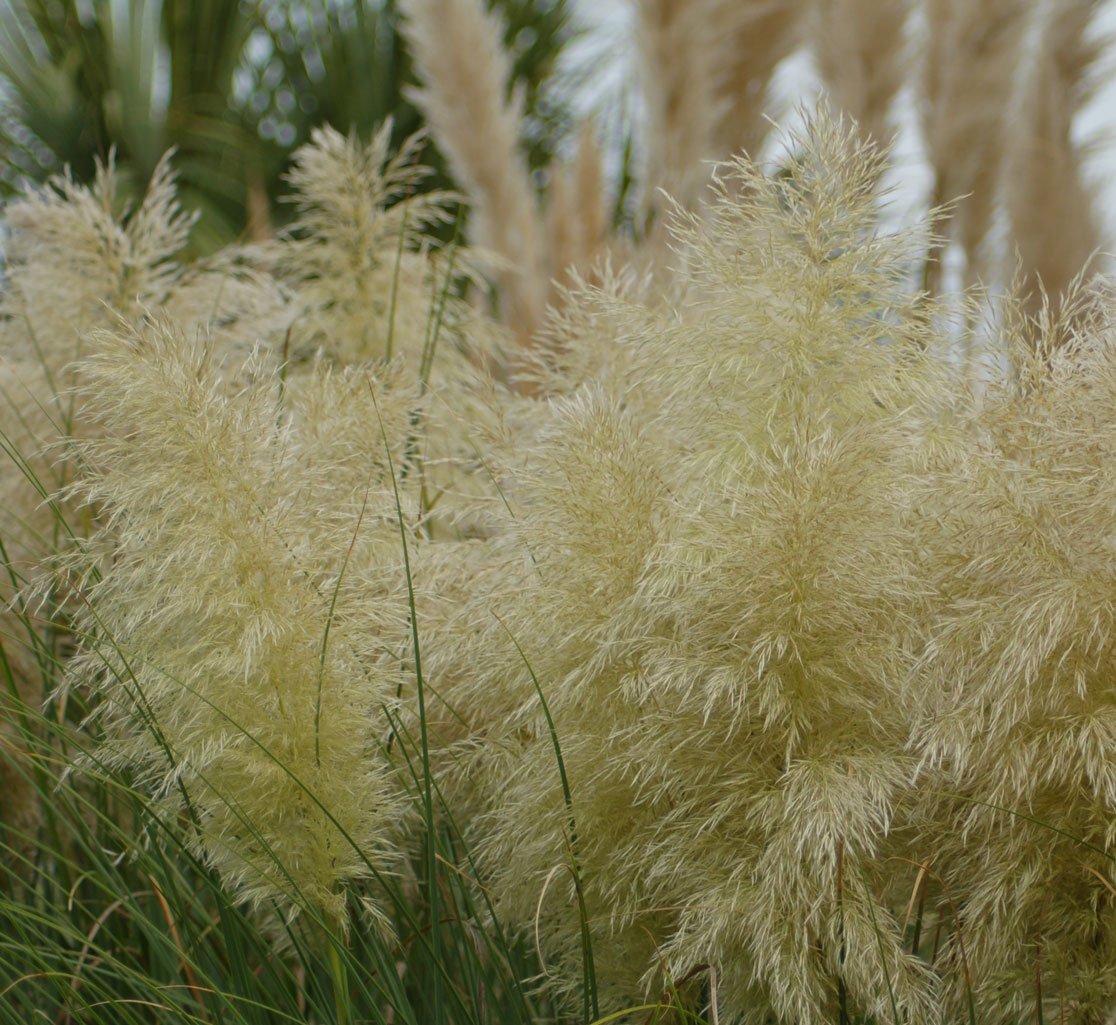
PUBLICATIONS
With an ear for unspoken ruptures and an eye for arresting detail, Kathleen Goldblatt’s Our Ghosts Wait Patiently captures still-life moments of early experience and holds them up like found objects that glimmer through the prism of time.
“Reading Our Ghosts Wait Patiently is like opening a box of gorgeously decorated painted eggs. I loved holding up and turning, one by one, these vivid, lapidary poems. The book’s ghosts—grandparents, great uncles and aunts, parents, the old country and those who are buried and still living there—emerge in their tender, enduring humanness under the poet-speaker’s compassionate and clear-eyed gaze. As a collection, Our Ghosts is notable for its mature, generous restraint; this is a work not of haunting, but of resonance. Perhaps most remarkable is Kathleen Goldblatt’s ability to accompany in the poems a child’s vivid observations with a keenly perceptive intuition that must remain wordless, but, is nevertheless lyrically conveyed.”
–Erin Redfern, author of Spellbreaking and Other Life Skills
“The dank sweetness of potatoes in one bushel/ apples in another// words have little power here” Kathleen Goldblatt writes, recalling her grandparent’s basement kitchen in Our Ghosts Wait Patiently. The book honors the deeply lived, but often unexpressed, longings, disappointments, griefs, and loves of past generations. From scratching eggs as a child with her Czech grandmother and tending the garden with her grandfather to visiting her grandmother’s grave and processing her parent’s aging and death, the speaker in these poems gives voice to what has been voiceless. With tight lines and vivid images, these tender poems sing, and by the book’s end, its ghosts have almost become our own, beloved figures who revisit us.”
–Nadia Colburn, Ph.D., RYT200, Writer. Teacher. Coach. Yogi. Activist. Author of The High Shelf

POEMS
Excerpts from Our Ghosts Wait Patiently
A metal-rimmed window at ground level, smudged green by clotted grass from a hand mower.
A jam jar of ripe water on a dusty sill, roots dangling beneath the bulb held by toothpicks.
A mustard yellow chair by the wood stove.
The dank sweetness of potatoes in one bushel, apples in another.
Words have little power here.
Basement Kitchen
I kiss her forehead—
too cheerful—
make sure the water pitcher
is within reach, avoid her eyes.
Goodbye happens inch by inch.
Like when you get up in the middle of the night
in a strange house. Small steps.
Oxygen tanks hum through open doors.
Framed anniversary photos on dressers.
Fabric flowers on televisions turned up too high.
I hear my useless words. Little boomerangs
that come back to me in the elevator,
the parking lot as I drive away.
On the highway heading west, I see
a young woman bend to fix my pillow.
She calls me dear, tucks me into bed.
Shuts off the light.
Leaving My Mother
Additional Poems by Kathleen Goldblatt
Not because it grows in stillness–
a hundred pinecones hung on deep sleeves
sent from a scrappy trunk–
or because its leavings, like the chaff of shucked corn under the stone porch,
soften a bed for rabbits lazing below,
or that the highwire runs of spiders, strung needle to needle,
grab light from morning dew.
It’s the reaching up–
to never tire of seeking its inborn height– in darkness as well as light.
An Evergreen I Name Envy
Standing in shallow water at the lake’s edge
my feet sink in sand and muck,
pebbles ground smooth
slide between my toes, bind me
This mud a new dwelling.
Small fish glide through tape-grass, pondweed.
The lake has fallen in love with the sun,
its surface between ripples, radiant.
What do I cherish as much as this?
Mud
after Danusha Lameris
There was that morning we drove past stone gates into Strážnice,
the green Skoda’s muffler ready to drop,
me leaning out the window to take pictures,
the Kodak hanging from my wrist on its strap.
We wound through narrow streets past patchy gardens, common-wall houses, doors,
each its own color, lace curtains waving past sills nested with potted plants,
smiled at the old man on a bicycle wheeling beside us, his market bag stuffed with corn,
asked him to point the way to No.27. Across an ocean
friends fought with their parents about Vietnam,
Johnson was waging his own war on poverty.
Blue and white fresco swirls above the door like strips of icing that would never melt,
Uncle scanned my face with a surgeon’s eye when he answered, squeezed me breathless,
pulled us past the rooms my father had left. I crossed to where she sat in a corner
but couldn’t take the bony hand. Skin stretched over her skull like thin wrapping.
I’d never seen anyone that old. Death was a woman in a worn sweater and long brown skirt.
And I was supposed to kiss her.
I studied the pink dahlia’s that grew in the yard when we left.
Turned to take one more picture.
No. 27, Strážnice
“Whatever inspiration is, it's born from a continuous ‘I don't know.’”
– Wislawa Zymborska
